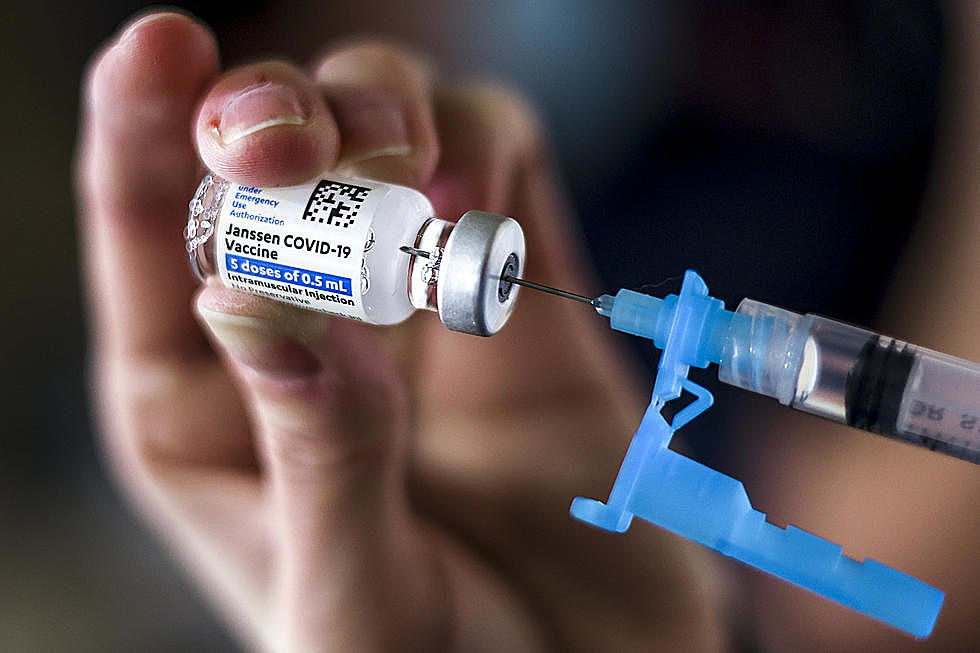
CDC Investigates Blood Clots Potentially Linked to Johnson & Johnson’s COVID-19 Vaccine

On Tuesday, April 13, the U.S. Food and Drug Administration recommended that the new Johnson & Johnson COVID-19 vaccine be shelved for the time being while an investigation is done regarding a potential link to a rare form of blood clot.
In a report first published April 9th by the Pharmacovigilance Risk Assessment Committee of the European Medicines Agency, it was revealed that, "four serious cases of unusual blood clots with low blood platelets have been reported post-vaccination with COVID-19 Vaccine Janssen."
Out of those four initial cases, one of them proved fatal and another is in critical condition. Since then, two more cases of the rare blood clot have been reported, and all are believed to be women between the ages of 18 and 48.
There's still not enough information on these blood clots to directly tie them to the Johnson & Johnson vaccine, but the FDA and the CDC still want to pause use of the vaccine as a precaution. The New York Times reports that the federal government is expected to temporarily stop use of the Johnson & Johnson vaccine.
The blood clot being investigated is known as cerebral venous sinus thrombosis, and according to the FDA, it's a form of clot that requires a specific kind of treatment not normally administered. The FDA also says that those administering the vaccine may not be trained to check for symptoms.
John Hopkins Medicine describes it like this: "Cerebral venous sinus thrombosis (CVST) occurs when a blood clot forms in the brain’s venous sinuses. This prevents blood from draining out of the brain. As a result, blood cells may break and leak blood into the brain tissues, forming a hemorrhage. This chain of events is part of a stroke that can occur in adults and children."
If you've already received the Johnson & Johnson vaccine, you may want to be aware of the symptoms of CVST just in case, as early detection is the best way to prevent long-lasting damage. Symptoms include:
- Headache
- Blurred vision
- Fainting or loss of consciousness
- Loss of control over movement in part of the body
- Seizures
- Coma
LOOK: Answers to 30 common COVID-19 vaccine questions
While much is still unknown about the coronavirus and the future, what is known is that the currently available vaccines have gone through all three trial phases and are safe and effective. It will be necessary for as many Americans as possible to be vaccinated in order to finally return to some level of pre-pandemic normalcy, and hopefully these 30 answers provided here will help readers get vaccinated as soon they are able.
KEEP READING: These are the top 6 scams connected to the pandemic
More From KFMX FM









